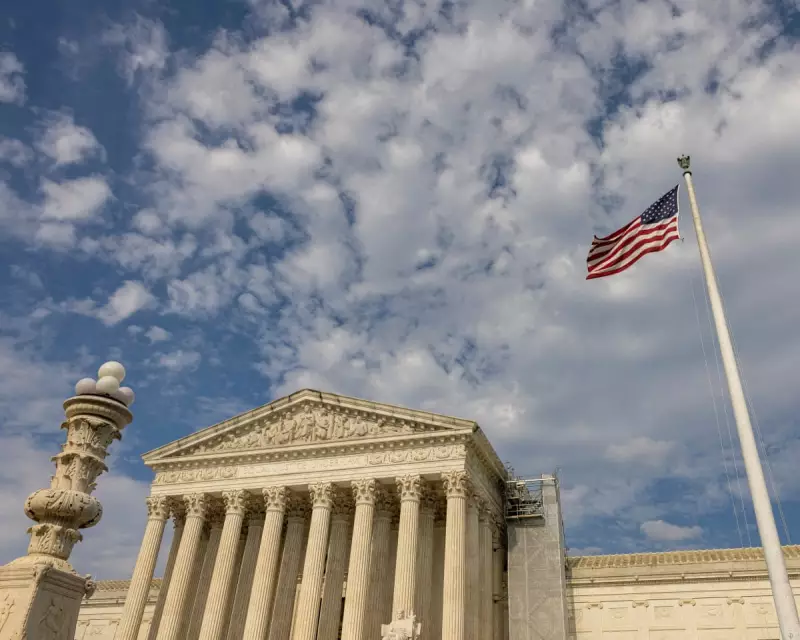
In a significant ruling that underscores the delicate balance between transparency and privacy, the US Supreme Court has intervened to block the release of sensitive research documents on diversity, equity, and inclusion (DEI). The decision represents a notable setback for former President Donald Trump, whose legal team had sought the materials.
A Shield for Deliberative Process
The Court's action temporarily prevents the disclosure of research authored by a former White House aide. The justices, without any noted dissents, halted a lower court's order that would have compelled the National Archives to turn over the records to American Oversight, a government watchdog group. This move emphasises the high court's role in protecting the confidentiality of the deliberative process within government, even after an administration has ended.
The Heart of the Legal Battle
The case stems from a lawsuit filed by American Oversight, which utilised the Presidential Records Act to request a trove of documents from Trump's time in office. Among them were writings on DEI policies produced by a former aide. Trump's team attempted to claim executive privilege over the documents, arguing their release would violate the constitutional principle of separation of powers and chill future presidential advice.
However, lower courts rejected these arguments, finding that Trump, as a former president, could not unilaterally assert privilege to block the sitting president's decision to release the records. The Supreme Court's recent intervention pauses all releases until the legal merits can be fully considered, signalling a potential willingness to re-examine the boundaries of executive privilege.
Implications for Accountability and Academic Freedom
This ruling is more than a procedural delay; it touches on core issues of governmental accountability and the protection of academic-style research within the White House. Proponents of transparency argue that the public has a right to understand the influences on federal policy. Conversely, supporters of the ruling contend that without confidentiality, the quality and candour of internal research and advice would suffer immensely, to the detriment of effective governance.
The Supreme Court's decision to step in ensures that these weighty questions will be thoroughly debated, leaving both transparency advocates and Trump's legal team in a state of suspended anticipation as the appeal process continues.





